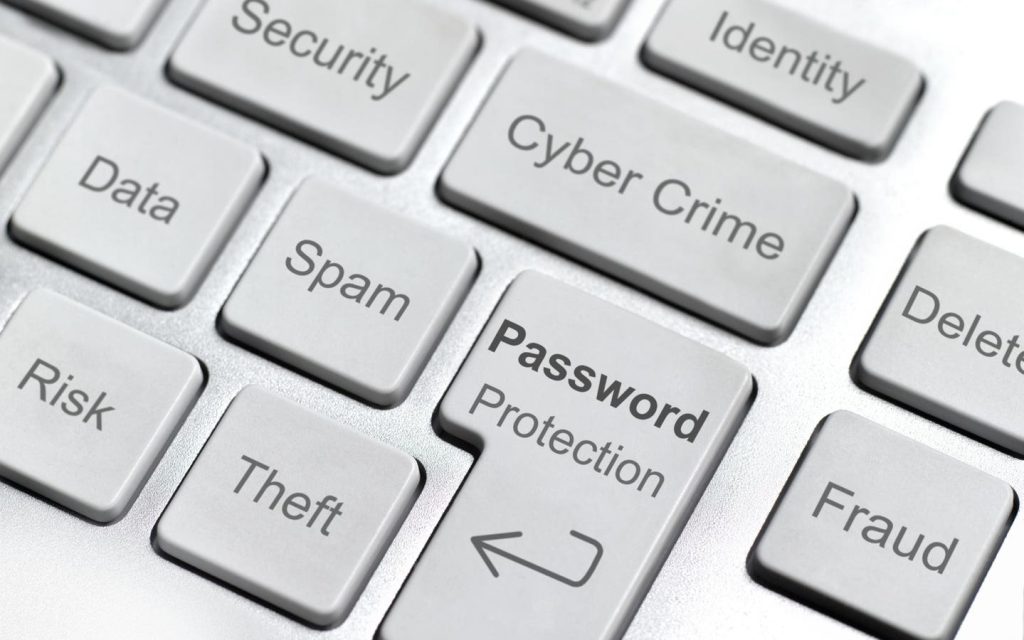The IRS is once again alerting taxpayers to various scams that target both taxpayers and tax professionals as part of the annual Dirty Dozen list. The Dirty Dozen list includes common scams that peak during tax season, putting individuals and businesses at risk of financial loss and identity theft. While it is not an official list of IRS enforcement priorities, the Dirty Dozen aims to raise awareness and protect taxpayers and tax professionals.
One of the prevalent scams highlighted by the IRS is phishing and smishing, which involve scammers posing as legitimate organizations to trick individuals into providing personal information. Phishing involves fraudulent emails impersonating the IRS or other organizations, while smishing uses text messages to deceive victims. Scammers use enticing offers or threats to manipulate individuals into clicking on malicious links or providing sensitive information.
New variations of scams targeting tax professionals have emerged this year, such as “new client” scams that trick professionals into downloading harmful files or divulging confidential information. The IRS advises individuals to exercise caution with unexpected emails and use secure platforms to communicate with tax professionals. Two-factor authentication can also help prevent email account compromises and identity theft.
Another prevalent scheme involves scammers offering to help individuals set up an Online Account on IRS.gov for a fee, aiming to obtain personal tax and financial information. The IRS emphasizes that the only legitimate way to create an Online Account is through the official IRS website and warns against using third-party assistance. Scammers may exploit sensitive details to file fraudulent tax returns, obtain loans, or open credit accounts.
The IRS stresses that it will initiate contact with taxpayers primarily through mail and will never reach out via email, text, or social media regarding tax issues. To safeguard against scams, individuals are advised not to engage with unsolicited communications claiming to be from the IRS and to report any suspicious emails or texts. Best practices include refraining from opening attachments, clicking on links, and sharing personal information over the phone or online.
To further protect themselves, individuals should follow the Federal Communications Commission’s Smartphone Security Checker guidelines, such as setting pins and passwords, enabling remote locating and data wiping, and securing data backups. If monetary losses occur due to scams, the IRS encourages reporting them to relevant authorities like the Treasury Inspector General for Tax Administration, the Federal Trade Commission, and the Internet Crime Complaint Center. By staying informed and vigilant, taxpayers and tax professionals can mitigate the risks associated with these prevalent scams.















